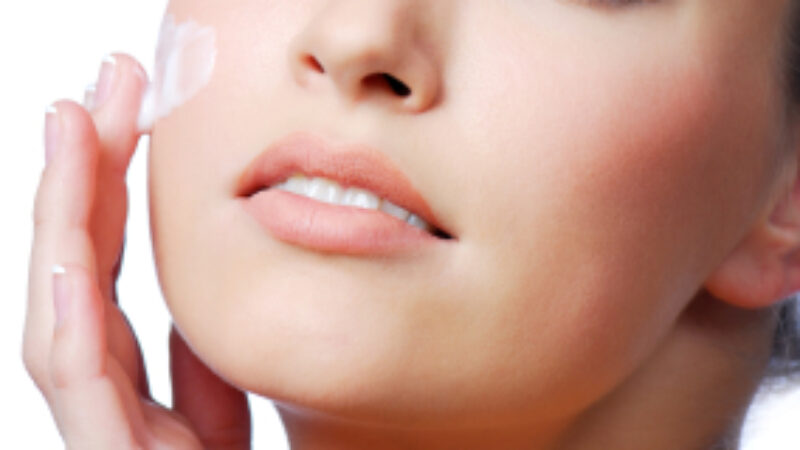I’ve written about organic skin care products in the past. And while I’d love to embrace them whole-heartedly as many marketers in the organic skin care industry would have me do, there’s something holding me back.
Don’t get me wrong. I recycle, I use my own shopping bags when I get groceries (at least most of the time) and I buy organic when sticker shock doesn’t set in. And while, I appreciate that both the earth and mankind will benefit from less chemicals, less toxic preservatives and fewer artificial ingredients, I don’t necessarily feel that slapping an organic label on a skin care product necessarily makes it any better.
Why Not Organic?
I’ve evaluated a number of organic skin care brands over the years. And we’ve even carried a few as well – Dr Hauschka, Weleda. I’ve also just re-introduced John Masters Hair Care, which is a terrific gentle line that benefits not only hair, but inadvertently skin. Sensitive skin in particular benefits from the elimination of sodium lauryl sulfate, which can be problematic if you have sensitive skin.
I’ve looked at the ingredients in many organic lines and tried them on for size. I’ve even had friends and family provide feedback. The reviews were mixed – as with any skin care product, not every product worked for everyone. In fact, many individuals with sensitive skin didn’t tolerate some of the products very well. That’s not surprising as many organic skin care lines incorporate the use of essential oils. At high concentrations, they can irritate skin.
Here’s What I’d Like To See
Many organic skin care manufacturers can be rather precious about the purity of their products. And while I applaud products that don’t incorporate ingredients that can generate free radicals, cause skin sensitization or disrupt hormones, let’s also pay attention to what these products can do for skin. Do they contain ingredients that have clinical studies to back up their efficacy? Are the ingredients available in sufficient concentration to deliver results? Last, but not least, have the products been preserved adequately to protect the integrity of the formulation?
Regulations surrounding the use of the word organic in skincare still aren’t tightly regulated. Perhaps what’s more important than an organic label are products that work without harm. I’m not quite sure how that would be regulated, but it would be a step in the right direction. It’s refreshing to see that some skin care manufacturers, whether organic or not, are going there. You can be certain that I’m evaluating them as I write this post.





Have you heard of Atomy Organic Products from Korea? The have a patented nano-technology that apparently will surpass the effectiveness of other products.